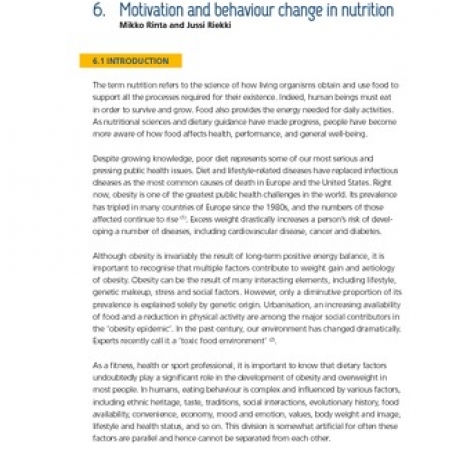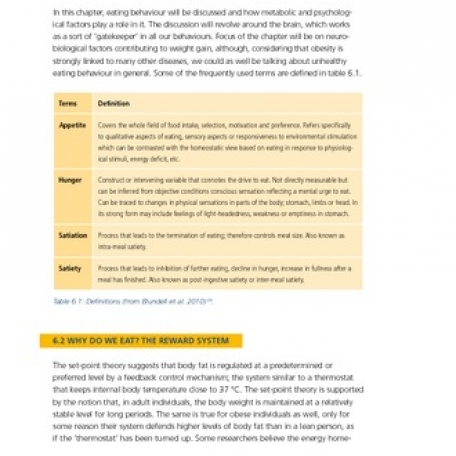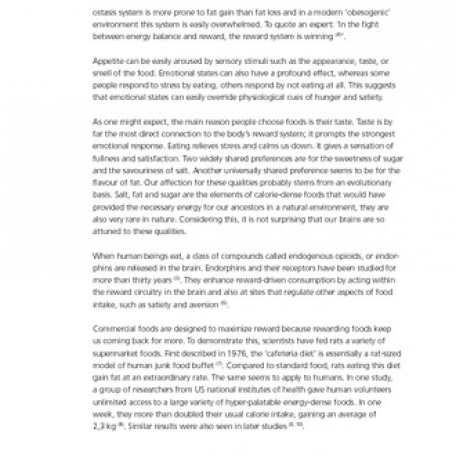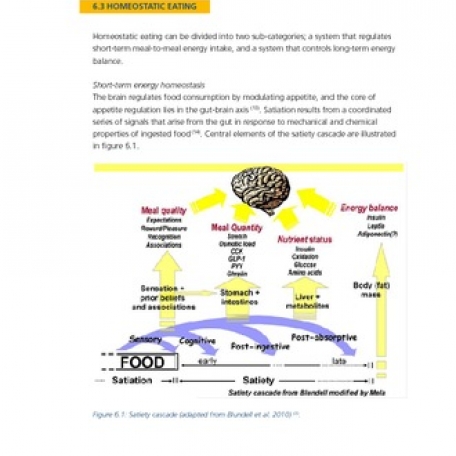






Motivation and behaviour change in nutrition
T.w.v. € 9,95The term nutrition refers to the science of how living organisms obtain and use food to support all the processes required for their existence. Indeed, human beings must eat in order to survive and grow. Food also provides the energy needed for daily activities. As nutritional sciences and dietary guidance have made progress, people have become more aware of how food affects health, performance, and general well-being. Despite growing knowledge, poor diet represents some of our most serious and pressing public health issues. Diet and lifestyle-related diseases have replaced infectious diseases as the most common causes of death in Europe and the United States. Right now, obesity is one of the greatest public health challenges in the world. Its prevalence has tripled in many countries of Europe since the 1980s, and the numbers of those affected continue to rise. Excess weight drastically increases a person’s risk of developing a number of diseases, including cardiovascular disease, cancer and diabetes.
Although obesity is invariably the result of long-term positive energy balance, it is
important to recognise that multiple factors contribute to weight gain and aetiology
of obesity. Obesity can be the result of many interacting elements, including lifestyle,
genetic makeup, stress and social factors. However, only a diminutive proportion of its prevalence is explained solely by genetic origin. Urbanisation, an increasing availability of food and a reduction in physical activity are among the major social contributors in the ’obesity epidemic’. In the past century, our environment has changed dramatically. Experts recently call it a ’toxic food environment’.
As a fitness, health or sport professional, it is important to know that dietary factors
undoubtedly play a significant role in the development of obesity and overweight in
most people. In humans, eating behaviour is complex and influenced by various factors, including ethnic heritage, taste, traditions, social interactions, evolutionary history, food
availability, convenience, economy, mood and emotion, values, body weight and image, lifestyle and health status, and so on. This division is somewhat artificial for often these factors are parallel and hence cannot be separated from each other.
In this Ebook chapter (from the book EuropeActive's Essentials of Motivation and Behaviour Change), eating behaviour will be discussed and how metabolic and psychological factors play a role in it. The discussion will revolve around the brain, which works as a sort of ’gatekeeper’ in all our behaviours. Focus of the chapter will be on neurobiological factors contributing to weight gain, although, considering that obesity is strongly linked to many other diseases, we could as well be talking about unhealthy eating behaviour in general.
- Type: E-Books
- Taal: Engels